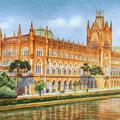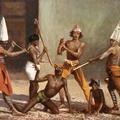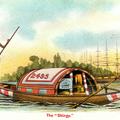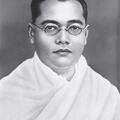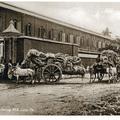The Jute Industry-stripping the fibre from the cane after steeping.
"Another sign of the transition from the wet to the dry season was to be seen in the immense number of jute-stem stacks standing on every field and lawn," wrote Nirad Chaudhry in his Autobiography of an Unknown Indian. "After the bark which yields

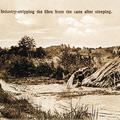
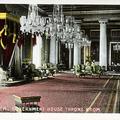
![Dharumtalla [Dharmatala] Road, Calcutta Dharumtalla [Dharmatala] Road, Calcutta](https://www.paperjewels.org/sites/default/files/styles/square_thumbnail/public/slides/dharumtalla-road_0.jpg?itok=sarlOTGT)
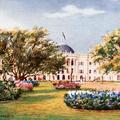
![Dhurmtollah Masjid [Mosque], Calcutta. Dhurmtollah Masjid [Mosque], Calcutta.](https://www.paperjewels.org/sites/default/files/styles/square_thumbnail/public/slides/dhurmtollah-road_0.jpg?itok=y4QxuwkE)
